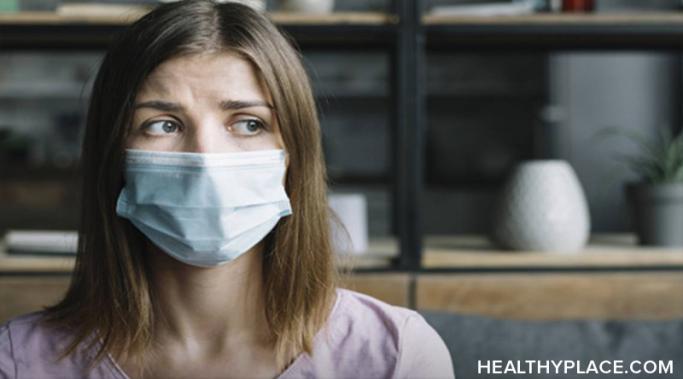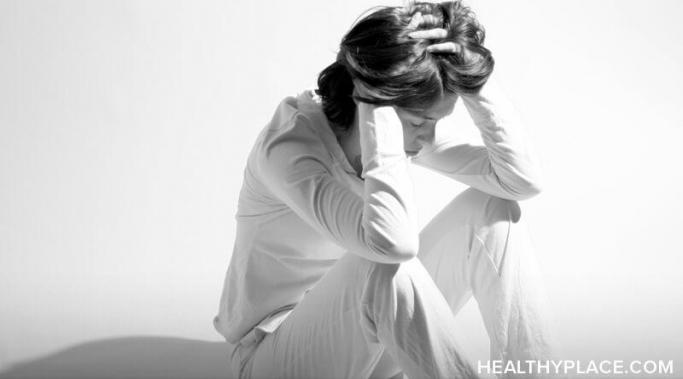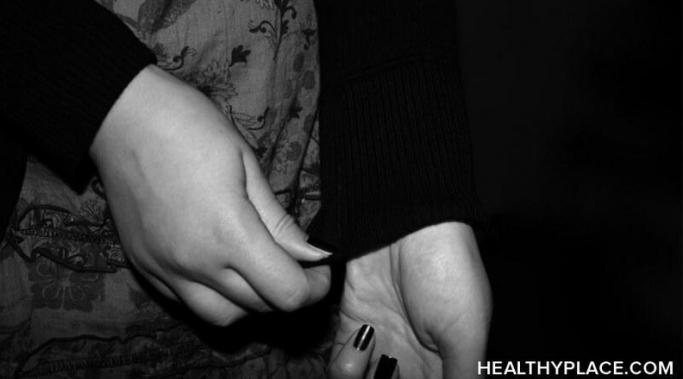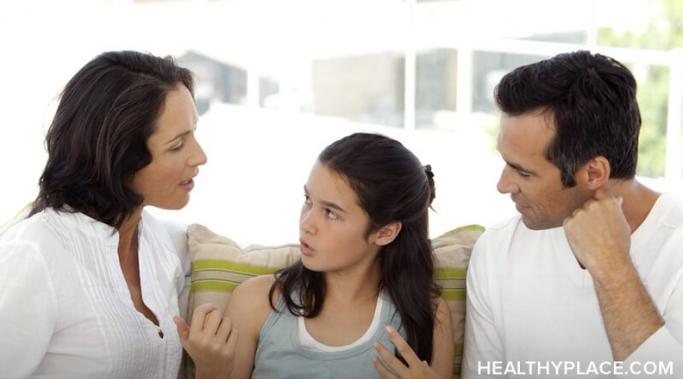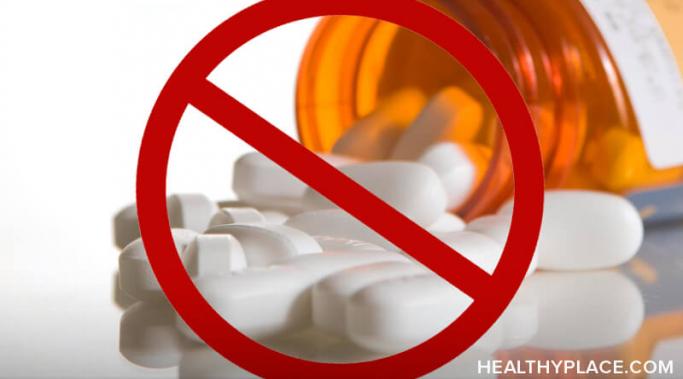Blogs
Recovering from mental illness is a lot of work all on its own, but lately, those of us in recovery have been handling another major mental health issue: pandemic fatigue. I'm calling pandemic fatigue the sense of weariness and hopelessness that comes from social distancing and missing out on big events as the world battles COVID-19. Lately, pandemic fatigue has been making it much harder for me to focus on my mental health recovery because I've had to go without my usual coping mechanisms for months now.
It's hard to stay motivated when you are experiencing anxiety. I have goals that I continuously set for myself, but when I'm anxious, it's hard to stay productive and driven to work towards those goals.
Explaining your self-harm scars to others can be uncomfortable. Having your self-harm scars discovered is a bit like being outed against your will. Still, the person who confronts you about your self-injury marks will likely want to know what they are. While you don’t owe anyone an explanation, sometimes it’s hard to avoid this conversation. Here are some of the approaches you can take to explain your self-harm scars to others.
There are both pros and cons to a borderline personality diagnosis (BPD) diagnosis. On the one hand, a BPD diagnosis can validate your experiences and give you access to necessary resources like therapy or medication. On the other hand, you can fully take on the label of "borderline" and lose yourself in the process.
I don't do so well with bipolar disorder and seasonal changes, especially moving into fall and winter. Yet, October is one of my favorite months. I love anything and everything to do with Halloween, breaking out my boots that have sat neglected in the closet all summer, and anything with the words "pumpkin spice" on the label. But one thing I don't love is how the seasonal daylight changes affect my mood, which has a direct impact on the way I work while living with bipolar disorder.
Many people aren’t sure whether or not to talk to kids about mental illness. When I was younger my aunt had frequent hospitalizations due to mental health issues, but I was told she had a sore back. I guess my family thought this was an inappropriate topic to talk to a child about. In hindsight, I think it could have been a positive conversation if I had been told about my aunt’s mental illness – here’s why.
Coping with posttraumatic stress disorder (PTSD) is a must-have skillset for many in the lesbian, gay, bisexual, transgender, queer, intersex, asexual, etc. (LGBTQIA+) community because PTSD is more prevalent than we think. The possible trauma endured by these LGBTQIA+ survivors is hate crimes, intimate partner violence and sexual assault. Symptoms of PTSD can include flashbacks of the trauma(s) and a fair bit of anxiety when in triggering situations. This is how my PTSD manifests in my own life.
I love getting time to myself in nature because it soothes my anxiety. Whether it's going for a hike, bike ride, or even driving through a forest, finding time in a natural setting away from more populated areas is very soothing and enjoyable for me.
Medication failure is not bad. Don't get me wrong, I know that it feels really, really bad, but just hear me out on this one: even though it feels terrible, a failing medication is not bad.
Let's cut to the chase: depression is mentally and physically debilitating. Even if you are do not have low-functioning depression, depression limits what you can and cannot do. To prevent depression from getting worse, one needs to learn to set boundaries. Here's why.
